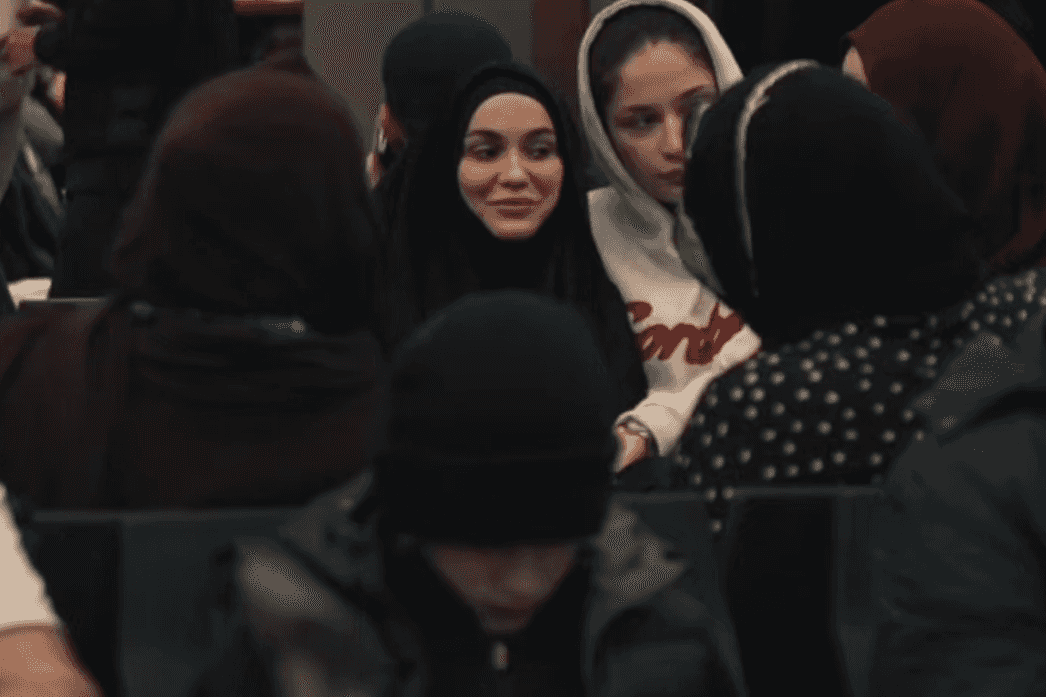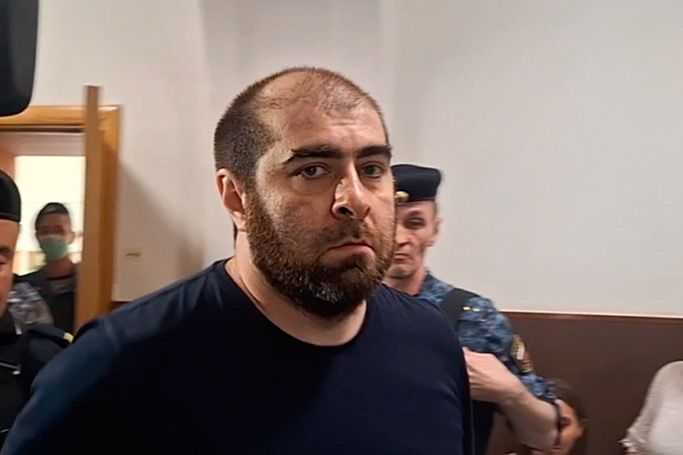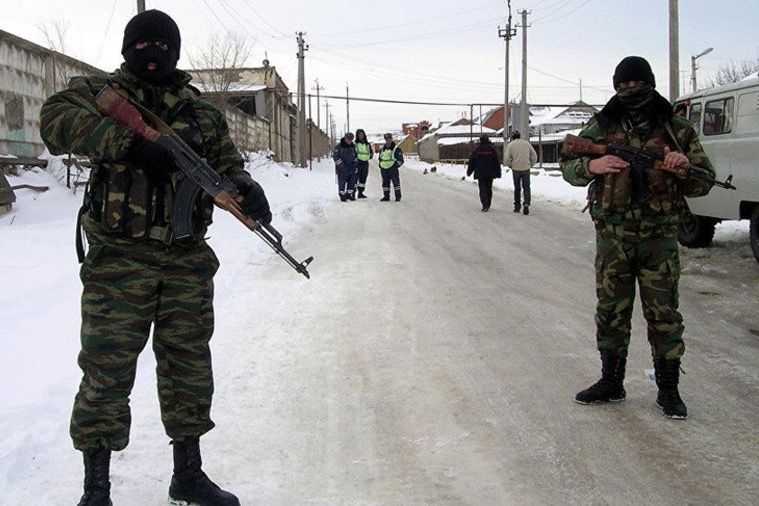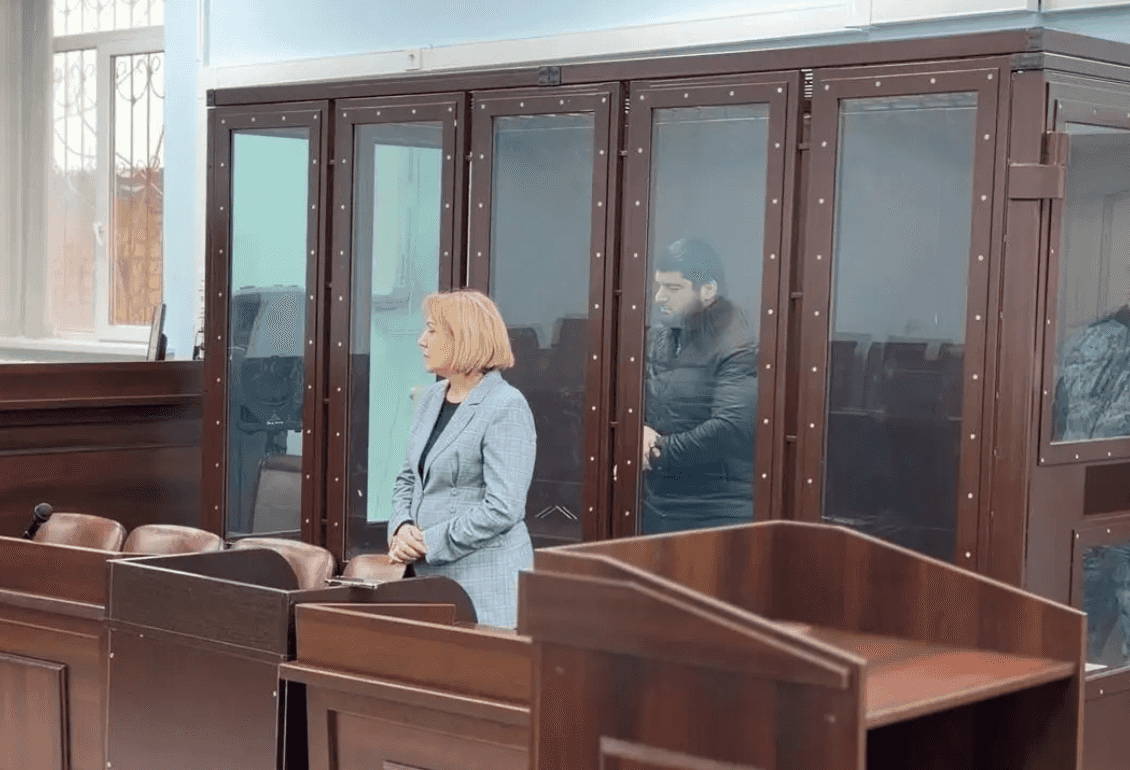
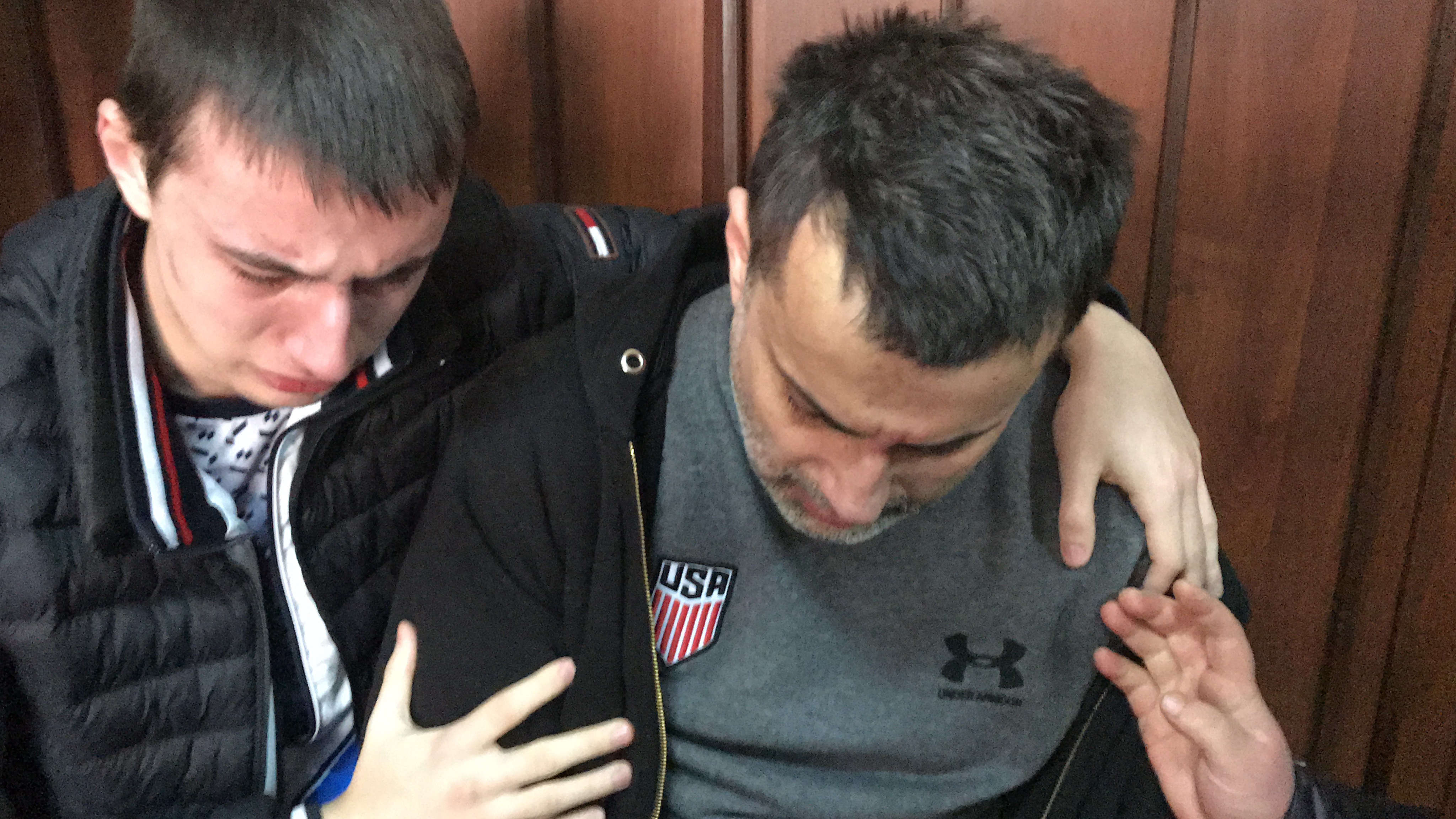
A court in the Russian Republic of Daghestan has remanded two former senior officials into two months of pre-trial detention on suspicion of financing terrorist activities.
On 31 March and 1 April, the Sovietsky District Court in the Daghistani capital Makhachkala held pre-trial hearings for the former head of the republic’s pension delivery department, Omar Abdurashidov, and former Makhachkala police chief Raip Ashikov.
Lawyers for both men told OC Media that the criminal case was politically motivated and that the security forces had tortured Abdurashidov into confessing and implicating Ashikov.
Abdurashidov was officially detained on 30 March, followed by Ashikov later that night, at the airport upon arrival from Moscow.
However, Abdurashidov’s sister has claimed he was kidnapped in the streets two days earlier, on 28 March.
During the pre-trial hearings, investigators said they had initiated a criminal case on 29 March. They said that Abdurashidov had revealed the involvement of Ashikov in the financing of terrorist activities.
A spokesperson for the FSB in Daghestan told OC Media that, according to Abdurashidov’s testimony, Ashikov gave him ₽160,000 ($2,500) on 1 December 2018 to buy weapons and food supplies on the black market.
They said Abdurashidov then delivered ₽200,000 ($3,000) to Marat Alinichiev, a member of the ‘criminal underworld’.
Alinichiev was killed by security forces during a special operation at the end of December.
The spokesperson for the FSB said that on 30 March, during a search of Abdurashidov’s house, they found a Kalashnikov assault rifle and a USB flash drive with a recorded video message of Alinichiev asking for financial assistance.
Abducted outside a shop
Abdurashidov’s sister, Saadat Guseynova, told OC Media that her brother was abducted by unidentified people on 28 March as he left a shop.
According to her, surveillance cameras recorded a car with tinted windows driving past Abdurashidov, after which he disappeared. She said this had been confirmed to her by a saleswoman in the store, who saw two people dragging him into the car.
‘According to the saleswoman, after Omar was taken away, a boy brought his phone to the store, which he had dropped. After some time, two people entered the store under the guise of customers and took my brother’s phone from the counter’, Guseynova said.
She said she was told her brother was not among the list of detainees at any of the city’s police stations.
Guseynova said that when FSB officers searched her house two days later on 30 March, she was prevented from entering. She said that she saw one FSB officer carrying in a big bag and assumed that they would plant a weapon.
Guseynova said that she saw a big bag in the hand of one of the FSB officers and guessed that he would plant a weapon on her brother.
Abdurashidov’s lawyer, Sapiyat Magomedova, told OC Media that she was not allowed to be present during the search.
She also said she was prevented from seeing her client when she arrived at the Daghestan FSB Directorate. According to her, this was because she represented Ashikov as well.
Protestations of innocence
During Abdurashidov’s pre-trial hearing on 31 March, he described to relatives and journalists present in the courtroom the torture he said he had been subjected to, including with electric shocks. He also said he was taken to the coast and subjected to a mock execution.
According to Abdurashidov, this was done to try and force him to give testimony against Ashikov.
Salimat Kadyrova, who represented Abdurashidov in court, told OC Media that her client refused to give such testimony but was forced to sign some papers.
She said Abdurashidov was in such a physical and psychological state that he could not withstand further torture and that he had told her he was on the brink of suicide.
After the investigator read out their petition asking for Abdurashidov to be detained for two months, Abdurashidov broke down and began shouting that he had not done what he was charged with, and began to hit his head against the cage.
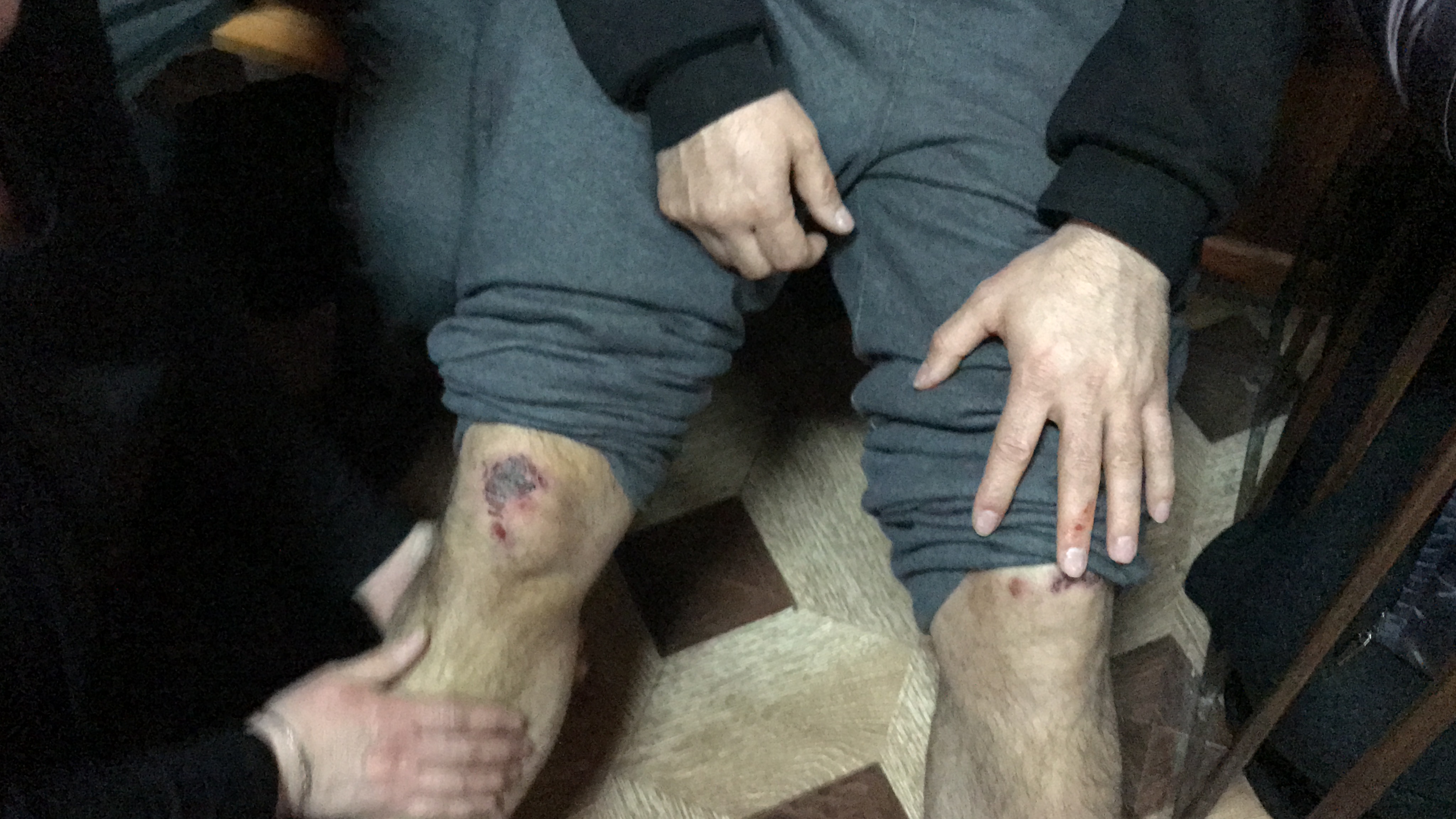
Relatives who were in the courtroom shouted at the judge and the prosecutor, urging them to pay attention to the signs of torture — pointing to bruises on Abdurashidov’s head and neck, skinned knees, and signs of torture on his tongue.
According to Kadyrova, there were several flaws in the investigation. She said it relied on a single secret witness, known only as Rashidov, who identified Abdurashidov as having transferred the ₽200,000 to Alinichiev in early December 2018, of which ₽160,000 belonged to Ashikov.
Kadyrova also said that a police line-up on 30 March violated the law, as it occurred late at night at 2:00.
She also said that FSB investigators had prevented the authorities of the remand prison to conduct a medical examination of Abdurashidov, whose body showed signs of torture.
Guseynova told OC Media that relatives had filed a complaint about the FSB investigators to the Daghestani Prosecutor’s Office.
Conflict with an influential figure
At Ashikov’s court hearing on 1 April, Ashikov also insisted on his innocence.
He said he suspected an influential person in Daghestan with whom he had a long-standing conflict was behind his prosecution but did not name them.
Ashikov added that he physically could not have given money to Abdurashidov on 1 December as he was outside of the republic at the time.
His lawyer, Sapiyat Magomedova, told OC Media that his detention had not been justified by either the investigators or the court. She said that the investigation relied only on the testimony of Abdurashidov, who had been interrogated without a lawyer present.



